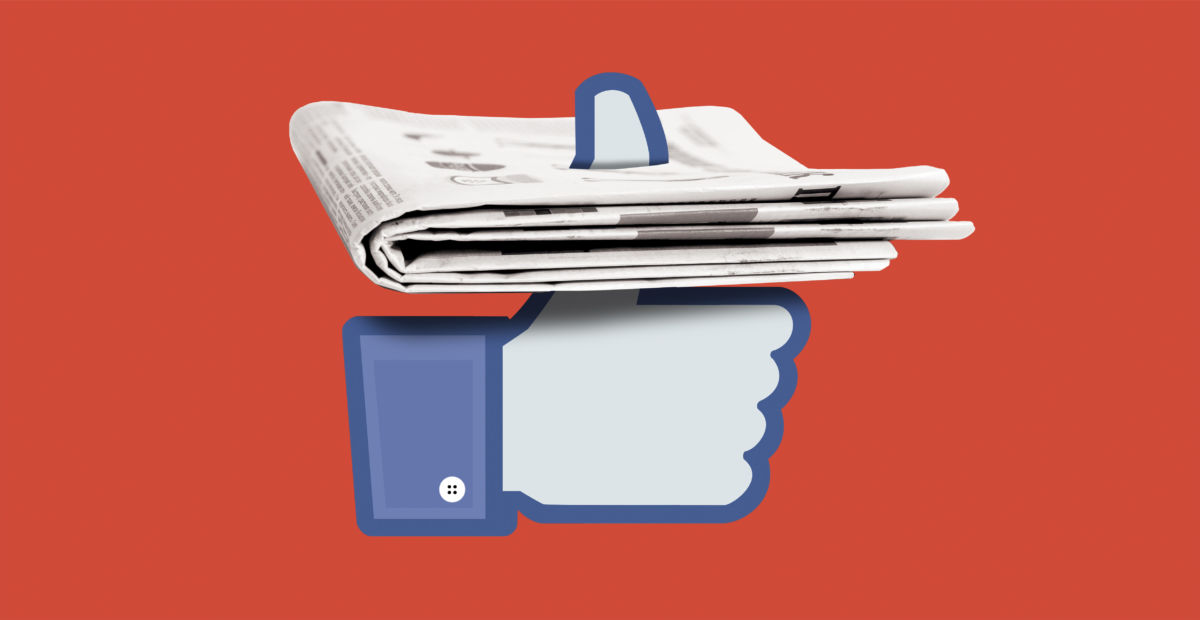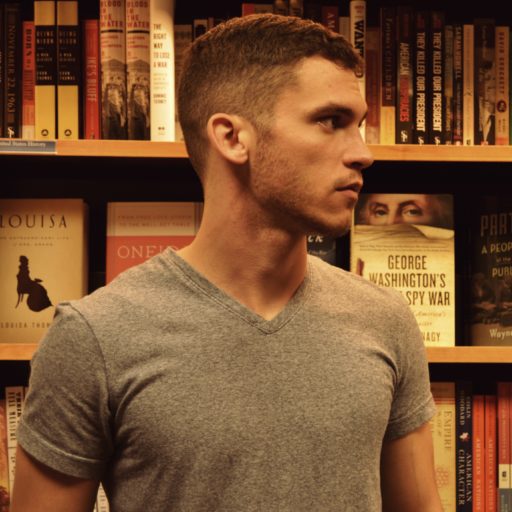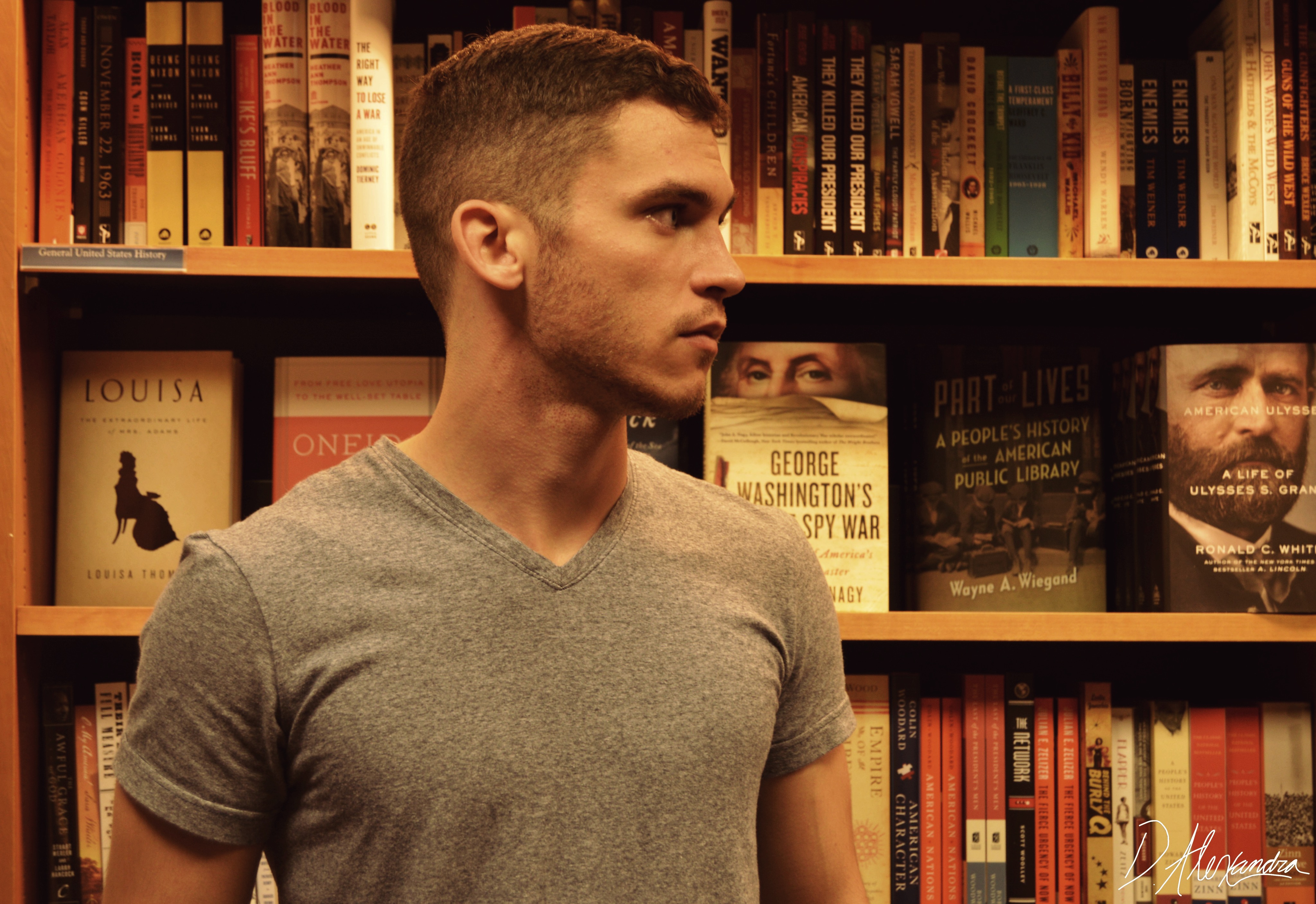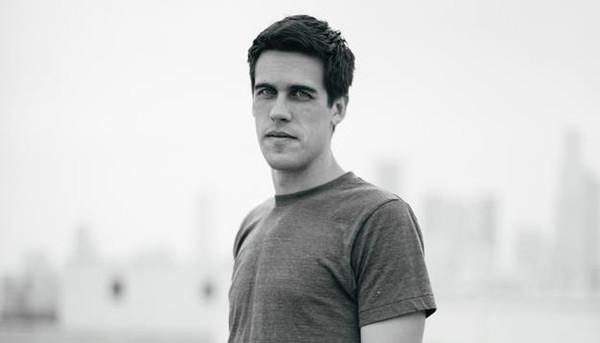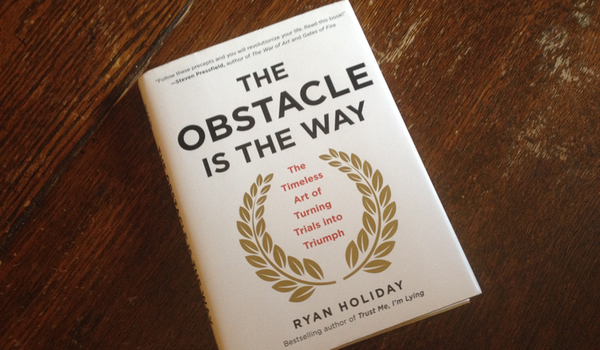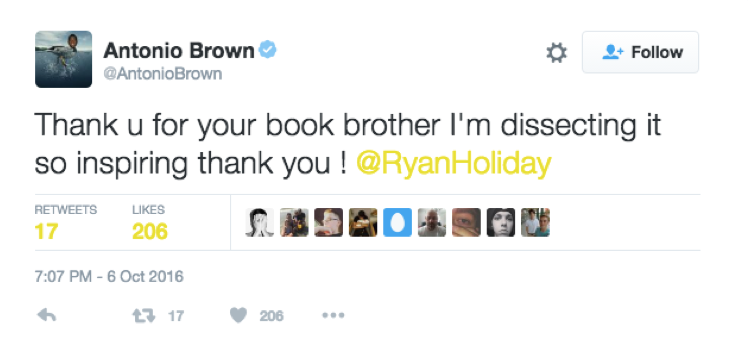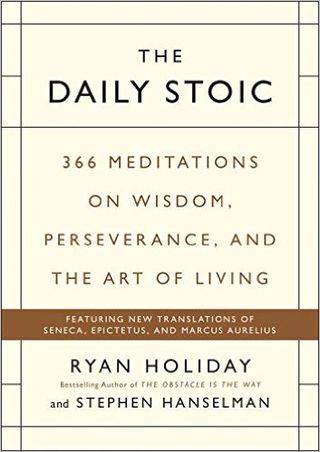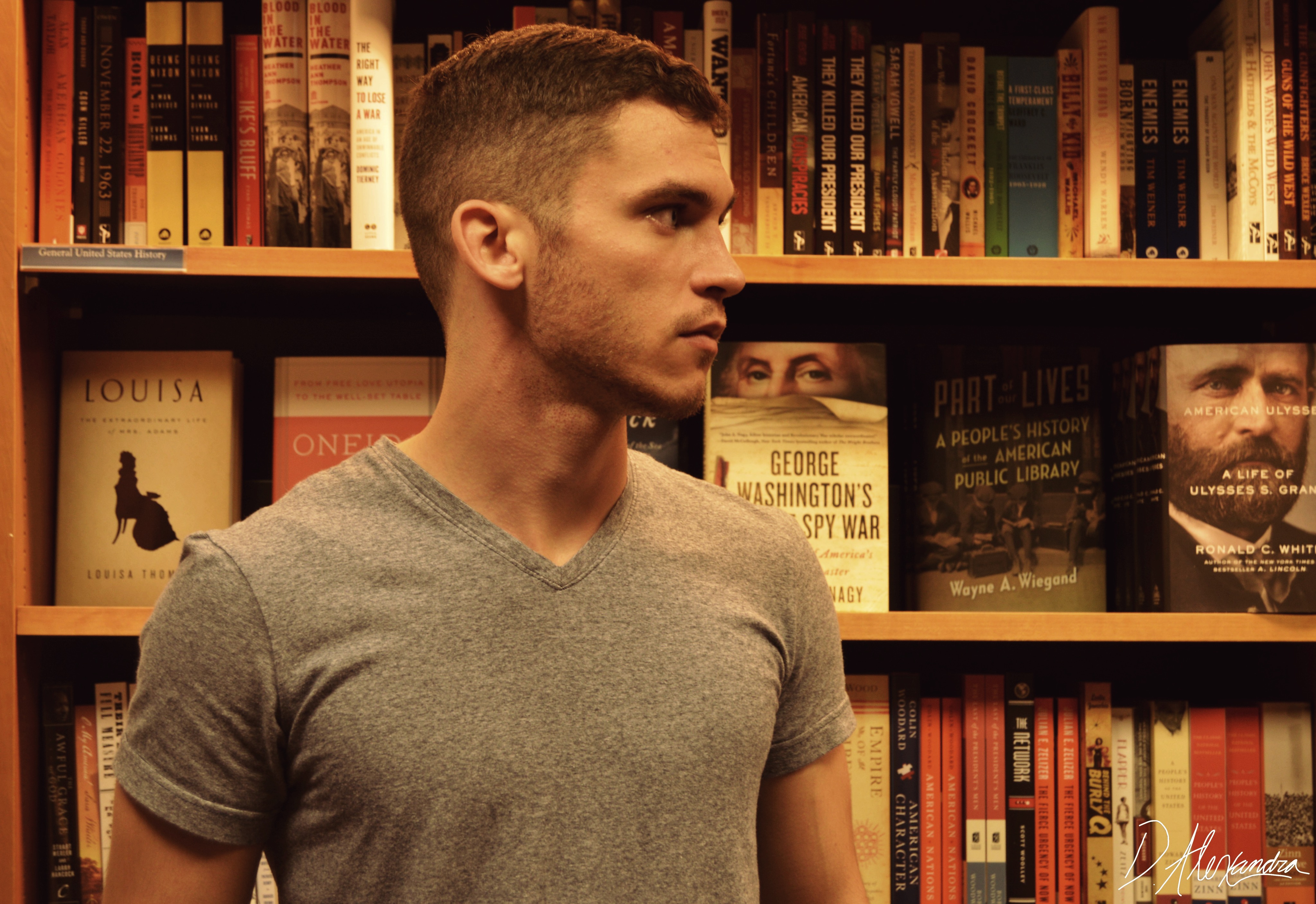During my sophomore year of high school, I sat next to a skinny kid with a Fresh Prince of Bel-Air flat-top. His name was Anwar Grimmett-Lee. And while I don’t remember anything from the class we took together, I do remember that Anwar could dance, draw, and piss our teacher off when he was in the mood to be the class clown.
After we graduated in 2014 and Anwar was no longer saying “Wassup wit it, Dom?” to me in the hallways, I lost touch with him. But this fall I was struck when I came across his own song that he shared on Twitter. It was called “Sleepless,” and if you’re familiar with hip-hop, it sounded like a cross between Kid Cudi and Travis Scott: not mellow enough to lull you, but not raucous enough to stir you up either.
Soon after my first listen, I put “Sleepless” on repeat. But I didn’t want to keep this gem to myself. Below you’ll find a dynamic interview I had with Anwar as well as the music video for “Sleepless.” If you like what you see, his contact information is listed near the end.
For readers who aren’t familiar with you, can you explain what your primary interests and goals are?
I started off engineering and mixing songs for myself and my friend/artist Matty Wood$. That just has to do with mixing the sound of the voices on the track. My primary interest is my love for the music itself and my goals for right now are just to improve and create more tracks.
Aren’t you also involved with fashion?
 A lot of people say this to me, but I don’t register what I do as being in fashion or anything. I just always liked nice clothes and would compete with my friends on who would get the freshest. I gave up competing long ago and now I just buy what I like no matter the brand. I believe the clothes one wears represents them – it’s the first thing anyone with eyesight will notice about you besides your face.
A lot of people say this to me, but I don’t register what I do as being in fashion or anything. I just always liked nice clothes and would compete with my friends on who would get the freshest. I gave up competing long ago and now I just buy what I like no matter the brand. I believe the clothes one wears represents them – it’s the first thing anyone with eyesight will notice about you besides your face.
What do you want people to take away when they listen to your music?
I want them to take away a feeling, an emotion. Maybe for people to not go in trying to criticize it – don’t even think of me as the one rapping or singing but just to catch the feel of the track, what actually took place in the short three minutes of sound.
It seems like you’ve changed a lot since high school – is that accurate or were you hiding the real you back then?
Not really – only thing that has changed is my hair. I’m still goofy and an extrovert at times. I just found something new to put my energy into. I think that’s what everyone needs to do. Find the correct thing they want to put their energy into and improve on it every chance they can get.
It seems like a lot of millennials are waiting until they graduate or make a lot of money for their “chance” to impact the world. How can our generation change its mindset and do amazing stuff right now?
There is nothing to wait on. Ever. There’s no amount of money that’s going to get your life on track. It can only help materialistically. You have to go back in time to when you were a child and think of what your main joy came from and feed off of it in the now. Mine was music and drawing, [I spent] too many hours dancing and drawing to just cut it off because I found a major I halfway don’t enjoy. So I chose to pick that back up somehow. Our generation just needs to quit looking at and copying everyone else and find their true selves and feed off of it to create something to help the world.
Why do you think some young people are afraid to create?
I think people young and old are afraid to create because they don’t know where to start or how to even get to where they want to be. But that’s the problem, it’s not about where to start or how to get there, its just about starting somehow. And once you start just never stop and you’ll notice the improvements and amaze yourself. Once you amaze yourself a couple times you’ll start to feel an addiction building. Become addicted to improving.
Are we better than older generations in regards to creativity?
Not really. I would say [we’re] worse. Our generation is better at creating memes and other silly shit. Our cell phones and apps are destroying our real human communications and memory which affect the ability to be original. You have to create something original.
Do you value ignoring mainstream culture (media, trends, etc.) in order to produce valuable work?
Hmmm, I value sounding different. And yes, I casually refuse to create something already done that I know of. The only true way to add to the culture is by creating something new and different, not something that’s already been done several times. I do believe people either hate or love something different/new as well. I like that perspective.
What excites you most about the future?
I’m afraid of the future as much as I am excited about it. I feel like it’s the future right now – you just have to go out and see it. I just want to see the world start to look like a robot-techno world like the old cartoons and movies. I know its coming. Did you see that Amazon food store [commercial] where you just pick up items and then just walk out of the store? Lol.
What should we expect from you in upcoming years?
Expect more sounds and new visuals. That’s the only way I can reach everyone.
I send my subscribers reading recommendations every month – what’s a book that has impacted you?
The Science of Getting Rich by Wallace D. Wattles
How can people connect with you?
Soundcloud: ANWAR; Instagram: anwar_is
Dominic Vaiana studies writing and media strategy at Xavier University. His personal articles, essays, interviews, and book recommendations are sent in his monthly newsletter.

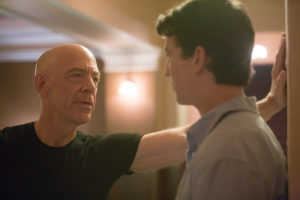 Andrew Neyman forgoes friends, family, and a girlfriend in his quest for mastery. He drums until his fingers bleed. His teacher’s idea of mental training is to crush his psyche by calling him “worthless,” “faggot,” and “retard.” This teaching method is like killing a fly with a wrecking ball: you accomplish the job, but you cause a lot of unnecessary harm along the way.
Andrew Neyman forgoes friends, family, and a girlfriend in his quest for mastery. He drums until his fingers bleed. His teacher’s idea of mental training is to crush his psyche by calling him “worthless,” “faggot,” and “retard.” This teaching method is like killing a fly with a wrecking ball: you accomplish the job, but you cause a lot of unnecessary harm along the way.

